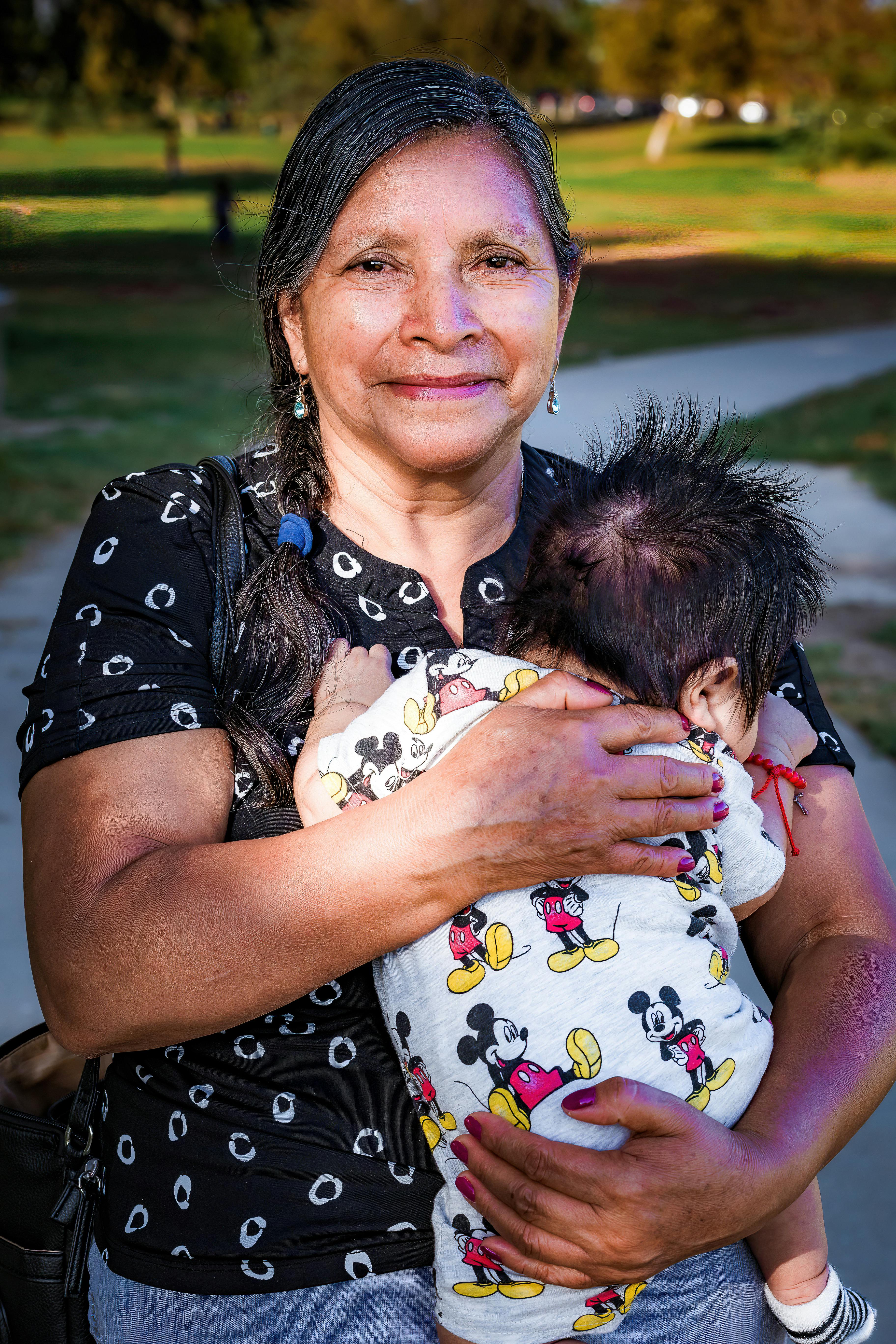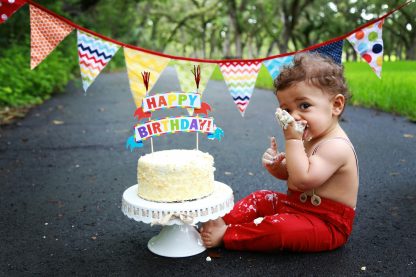Table of Contents
Establishing a Routine
One of the first things to consider as a babysitter is establishing a routine for the children you are caring for. Maintaining a consistent schedule can help create a sense of stability and predictability for the child, which can be comforting for them. This routine can include meal times, nap times, playtime, and other activities. It is important to work with the parents to understand the child’s existing routine and try to stick to it as closely as possible.
On-Demand Childcare in Your Neighborhood
Book a Sitter
Safety and Emergency Procedures
Safety should always be a top priority when babysitting. Familiarize yourself with the layout of the home, including where emergency exits are located, the location of fire extinguishers, and any potential hazards that should be avoided. Make sure you have important contact information, such as the parents’ phone numbers, a neighbor’s number, and the nearest hospital. In the event of an emergency, stay calm and follow the emergency procedures outlined by the parents.
Basic First Aid
Having a basic understanding of first aid is essential for babysitters. Be prepared for common injuries such as cuts, scrapes, burns, and falls. Keep a first aid kit stocked with essentials such as bandages, antiseptic wipes, and adhesive tape. Know how to properly clean and dress wounds, and when to seek medical attention. Consider taking a first aid certification course to further enhance your knowledge and skills.

Age-Appropriate Activities
Engaging children in age-appropriate activities is key to keeping them entertained and stimulated. Consider the child’s age and interests when planning activities. For younger children, simple games like peek-a-boo or building blocks can be engaging. Older children may enjoy arts and crafts, outdoor play, or reading books.
Be creative and interactive, and tailor activities to suit the child’s individual preferences.
Communication with Parents
Effective communication with the parents is essential for a successful babysitting experience. Before the parents leave, make sure to discuss important details such as bedtime routines, dietary restrictions, and any specific instructions they may have. Keep the parents informed of how the child is doing throughout the evening, and be prepared to answer any questions they may have. Establishing open lines of communication will help build trust and ensure a positive relationship with the parents.
In conclusion, being a babysitter comes with a lot of responsibilities, but by mastering these essential childcare basics, you can provide a safe and nurturing environment for the children in your care. By establishing a routine, prioritizing safety, understanding first aid, planning age-appropriate activities, and maintaining open communication with parents, you can become a reliable and trustworthy babysitter. Remember that each child is unique, so be flexible and adaptable in your approach to childcare. With practice and dedication, you can become a top-notch babysitter that parents will rely on time and time again.










